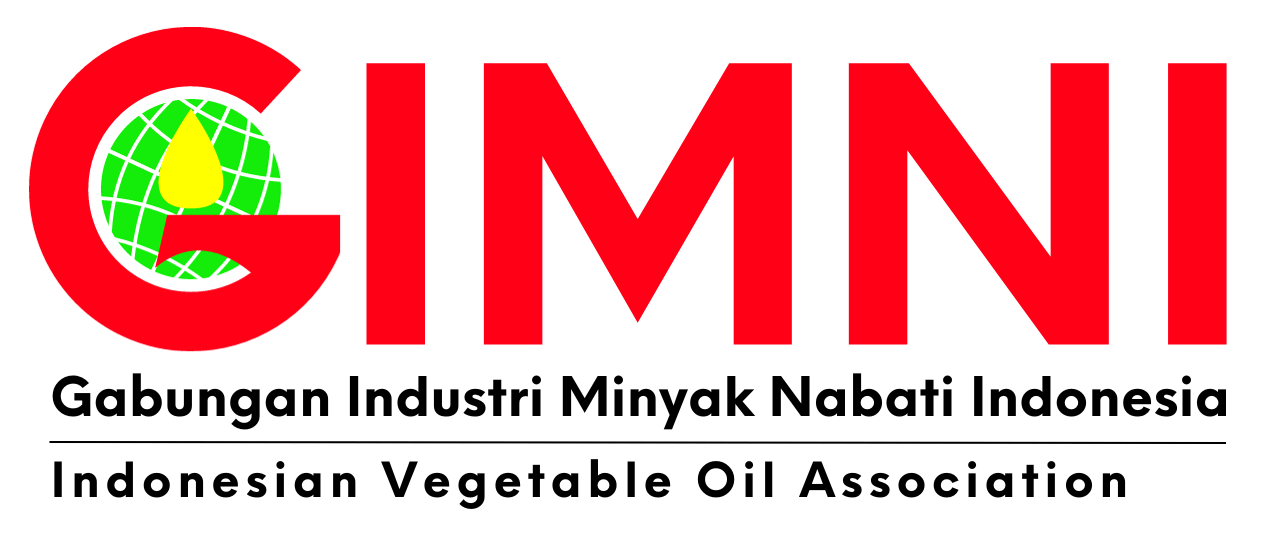A Biodiesel business group has urged the government to soon include producers that sell palm oil-based fuel for non-public service obligation (PSO) purposes in the subsidy program to help jack up domestic consumption this year.
The government has been fun-neling funds collected from palm oil export taxes to incentivize producers participating in the mandatory 15 percent Biodiesel blending (BIS) program in 2015 and the 20 percent Biodiesel blending (B20) program in 2016.
The funds operator, the Indonesian Oil Palm Estate Fund (BPDP-KS), lowered its Biodiesel subsidy by 10.4 percent to Rp 9.6 trillion (US$716.8 million) this year from the previous year. Indonesian Bio-fuel Producers Association (Apro-bi) chairman Paulus Tjakrawan questioned the lack of clear mechanism for non-PSO subsidy.
So far, state-owned oil and gas firm Pertamina and chemical distributor PT AKR Corporindo are the sole beneficiaries of the incentive.
Both firms, which distribute subsidized fuel, supply Biofuel under the PSO and are required to adhere to the mandatory blending policy.
The mechanism for non-PSO players has yet to be clear,” Paulus Tjakrawan told The Jakarta Post on Tuesday. There are many non-PSO players in the country. The question is whether they can get similar support from the government”
Indonesia, the worlds largest palm oil producer, has promoted widespread use of Biodiesel to help reduce its notoriously high greenhouse gas emissions.
The subsidy, which narrows the gap between the Biodiesel price and the conventional diesel price, only applies for Biofuel sold domestically.
The Energy and Mineral Resources Ministrys new and renewable energy director general, Rida Mulyana, said the government was revising Presidential Regulation (Perpres) No. 61/2015 to have the subsidy mechanism apply to non-PSO players.
He acknowledged that a prolonged delay in issuing the amended rule had led to weak domestic Biofuel consumption this year.
Local absorption of Biodiesel reached 1.48 million kiloliters in the first half, or only 32.17 percent of the full-year target. Throughout 2016, the consumption amounted to 3.65 million kl.
“Given the success in 2016, we had an ambition to also involve non-PSO players in the [subsidy] program,” Rida said. “Nonetheless, as the revision has yet to be finished, we have been facing a delay in determining the domestic consumption target and starting the [B20] program this year.”
The Office of the Coordinating Economic Minister proposed subsidies worth Rp 4,000 per liter and Rp 2,000 per liter for PSO players and non-PSO players, respectively.
At present, the Biodiesel index price is calculated based on the base price of Crude Palm Oil (CPO) with the additional cost of $100 per ton for CPO conversion into fatty acid methyl ester (FAME), a key ingredient used in making Biodiesel.
Apart from setting the 2017 Biodiesel subsidy, the revised regulation may also stipulate a new export tax scheme. Under the scheme, the export duties will increase by 20 percent for each $50 dollar rise in the CPO price.
Currently, the shipment of palm oil and its derivatives are levied whenever the commoditys price exceeds $750 per ton.
Ina separate development, Indonesian Vegetable Oil Refiners Association (GIMNI) executive director Sahat Sinaga demanded that the government ensure ontime payments of the subsidy to non-PSO players that supply Biofuel to Pertamina and AKR Corporindo.
“Many [non-PSO] Biodiesel suppliers have complained because the subsidy payment can be late for more than six months,” Sahat said.
Nineteen companies have oV tained the quotas to supply 1.35 million kl of Biodiesel to Pertamina and 24,000 kl to AKR Corporindo for the May to October period.
The volume is lower compared to 1.53 million kl provided to both firms from last November to April.
JP/Viriya P. Singgih
Sumber: The Jakarta Post

